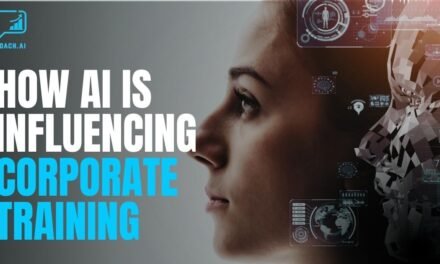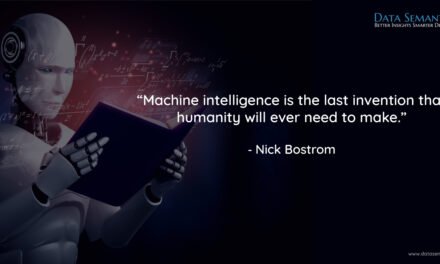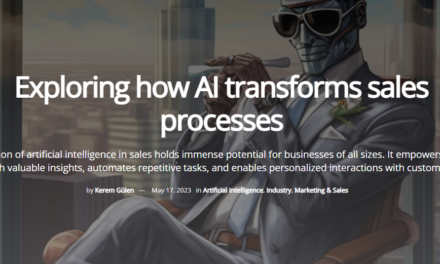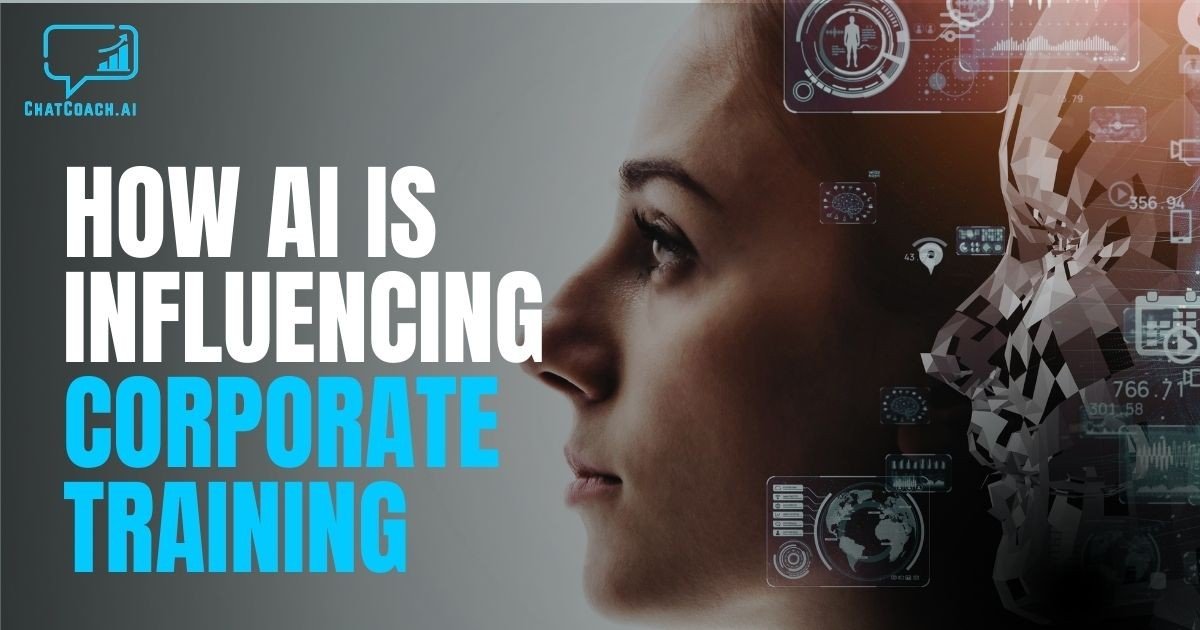Artificial Intelligence (AI) technology has revolutionized various industries, and one area where it has proven to be particularly effective is in training. With its ability to analyze vast amounts of data and make intelligent decisions, AI has the potential to enhance the training process in numerous ways. In this article, we will explore how AI technology is effectively used for training and the benefits it brings.
Personalized Learning
One of the key advantages of AI technology in training is its ability to personalize the learning experience. Traditional training methods often follow a one-size-fits-all approach, which may not cater to the individual needs and learning styles of each trainee. AI-powered systems, on the other hand, can adapt to the unique requirements of each learner.
By analyzing data such as previous performance, learning preferences, and skill gaps, AI algorithms can create personalized learning paths for trainees. These paths can include customized content, exercises, and assessments, ensuring that each individual receives the most relevant and effective training materials.
Real-Time Feedback and Assessment
Another significant benefit of AI technology in training is its ability to provide real-time feedback and assessment. Traditional training methods often rely on periodic assessments or evaluations, which may not provide immediate insights into trainee progress or areas for improvement.
AI-powered systems can analyze trainee performance in real-time, providing instant feedback and identifying areas where additional support or practice may be required. This real-time feedback allows trainees to make adjustments and improvements as they go, leading to more efficient and effective learning.
Virtual Reality and Simulations
AI technology has also facilitated the use of virtual reality (VR) and simulations in training. VR and simulations provide a realistic and immersive learning environment, allowing trainees to practice skills and scenarios without the risks or costs associated with real-world experiences.
AI algorithms can enhance these virtual environments by adapting them to individual trainees’ needs and learning progress. By analyzing trainee interactions and performance within the virtual environment, AI systems can provide personalized guidance and support, making the training experience more engaging and effective.
Intelligent Content Creation
AI technology can also be used to create intelligent training content. Traditional training materials often require significant time and effort to develop, and may not always be up-to-date or relevant. AI-powered content creation tools can automate the process of generating training materials, saving time and resources.
These tools can analyze existing content, extract key information, and generate new content that is tailored to the specific training objectives. AI algorithms can also ensure that the content is continuously updated and adapted based on the latest industry trends and best practices.
Data-Driven Decision Making
AI technology enables data-driven decision making in training. By analyzing large volumes of training data, AI algorithms can identify patterns, trends, and insights that can inform training strategies and interventions.
For example, AI systems can analyze trainee performance data to identify common areas of difficulty or skill gaps. This information can then be used to develop targeted interventions or additional training resources to address these specific needs.
Conclusion
AI technology has transformed the training landscape by providing personalized learning experiences, real-time feedback, virtual reality simulations, intelligent content creation, and data-driven decision making. By harnessing the power of AI in training, organizations can enhance the effectiveness and efficiency of their training programs, leading to improved performance and outcomes.

Your run for success
Day(s)
:
Hour(s)
:
Minute(s)
:
Second(s)





















